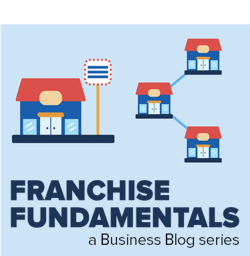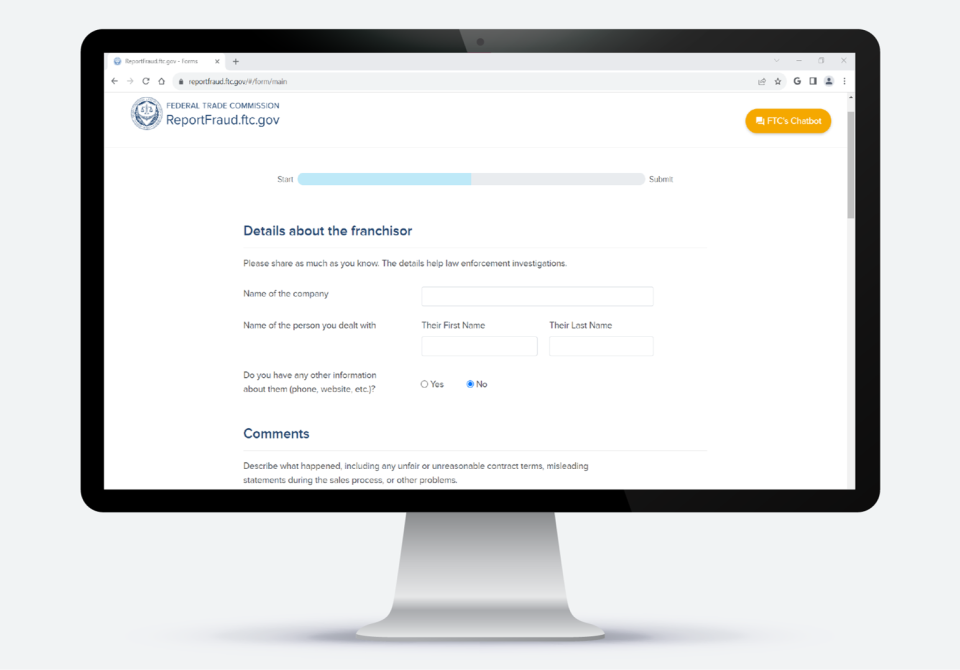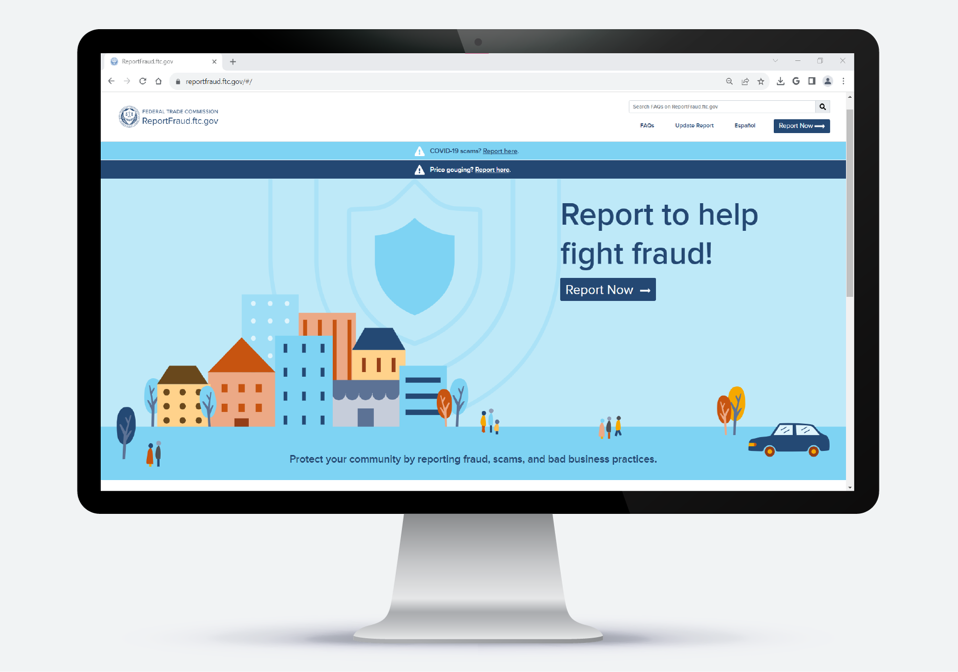We’ve all heard the adage “Proper preparation prevents poor performance.” It’s been attributed to everyone from Vince Lombardi to Secretary of State James Baker. As we’ve discussed in the first four installments of our Franchise Fundamentals series, proper preparation – including a thorough pre-commitment investigation into the franchise – may help reduce the risk of painful problems later. But what if a franchisee is concerned that a subsequent business breakdown could be due to a franchisor’s precarious promises? Report it to the FTC through a dedicated link just for franchise issues.

The decision to buy a franchise may be the biggest financial commitment people make in a lifetime. But like a hasty Vegas wedding or a sight unseen home purchase, quick decisions can have devastating consequences. Ponder and pause. If a franchisor puts any pressure on you to rush your decision, that fact alone should be enough to cross them off your list.
Give yourself time to gather information from a wide variety of sources. Contact the Better Business Bureau, your state Attorney General, and the Attorney General in the state where the company is headquartered. Among your most valuable sources of information are existing and former franchisees, but don’t settle for superficial chat. Come to the conversation with a list of questions and probe them for in-depth details about their experience. Even the most successful franchisees experience some business bumps, so make it clear you want the unvarnished truth. If you can’t find current or former franchisees willing to speak candidly with you, that should raise a red flag.
So what if you researched the opportunity thoroughly, signed on the dotted line, and gave it your best effort – but you have evidence that the franchisor didn’t give you the straight story or in some other way engaged in deceptive or unfair practices? Approach the franchisor directly to try to address your concerns. If that doesn’t work, explore your legal options.
Another important step: Report your experience to the FTC. Use this special link to go directly to an FTC page created to collect information related to franchises. Here’s where that link will take you:

You also can visit ReportFraud.FTC.gov and click the dark blue Report Now button.

From there, choose the Job, investment, money-making opportunity, franchise option. That will open a menu where you can select Franchise. Click Continue and start by telling us Details about the franchisor and Comments about your experience.

The FTC can’t conduct individual negotiations between you and the franchisor, but the information you report is important to investigatory efforts by the FTC and law enforcement partners.
Looking for more fundamentals about franchising? Keep A Consumer’s Guide to Buying a Franchise at your fingertips. Franchisors and others in the business should consult compliance resources on the FTC’s Franchises, Business Opportunities, and Investments portal. And read the entire Franchise Fundamentals Business Blog series:

Good, but incomplete, advice. The best insight into challenges in franchise relationships comes from franchisees themselves. Their contact information is required to be disclosed in FDDs.
I would search for "unhappy franchisees" of the franchises that you are considering on the internet and then follow up with them and with other franchisees to gain perspective. Seek the franchisor's perspective from your franchisor rep.
Who else typically understands how a franchise system is doing? Their competitors. Why not ask franchisees in your target market area what they think about the franchisor(s) you are considering and whether they would consider buying one of their franchises (if not barred by a noncompete covenant).
Most government agencies are understaffed and don't know about problems in most franchise systems.
Thanks for the post